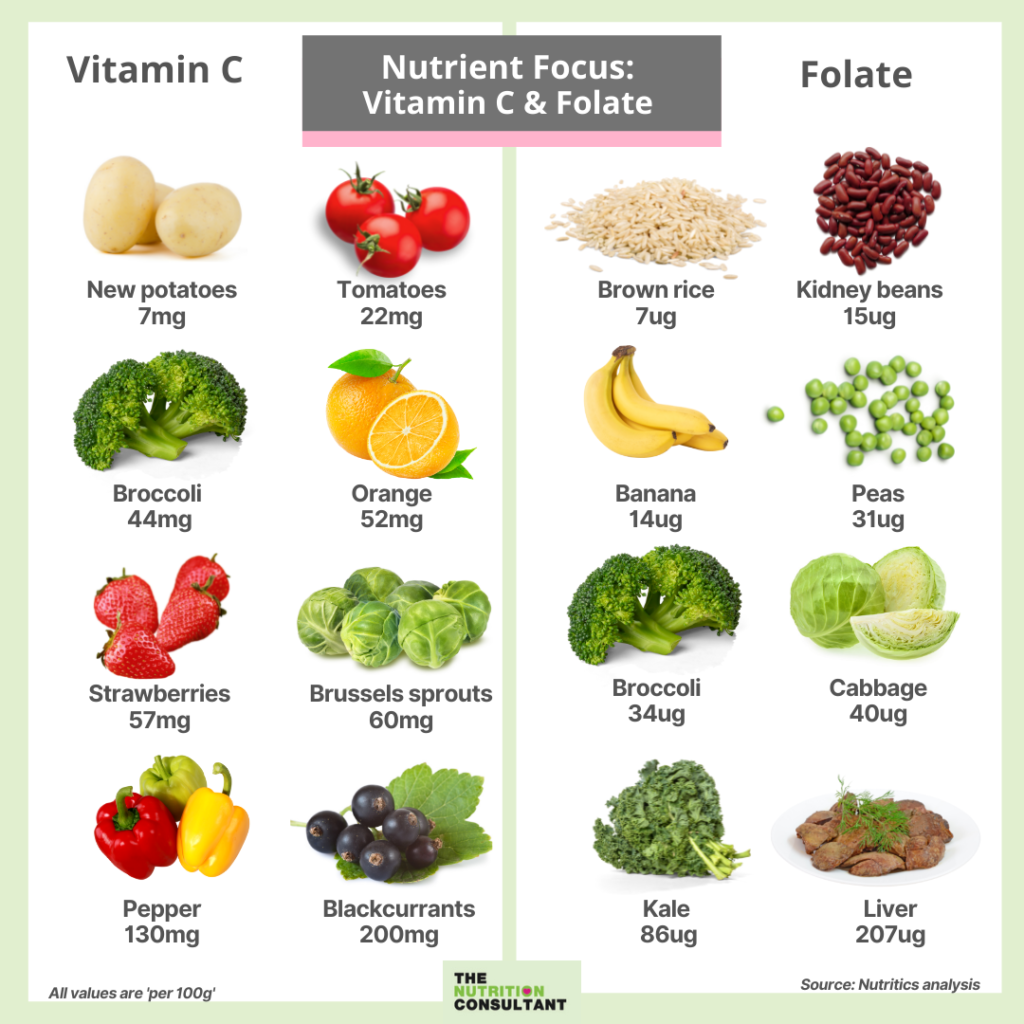The process of cutting weight, or losing body fat while preserving lean muscle mass, can be a challenging undertaking. It requires a combination of proper nutrition, regular exercise, and proper rest and recovery. Many people opt to use supplements to help support their weight loss goals, but the question remains – should you take supplements while cutting weight?
The answer to that question is not a simple yes or no. It depends on a variety of factors, including your individual goals, current diet and exercise habits, and any underlying health conditions. In this article, we will explore the potential benefits and risks of using supplements while cutting weight, as well as provide some tips on how to select the right supplements for your needs.
Benefits of Supplements While Cutting Weight
There are a variety of supplements on the market that claim to aid in weight loss and improve body composition. Some of the most popular supplements for cutting weight include protein powders, branched-chain amino acids (BCAAs), caffeine, green tea extract, and thermogenic fat burners. While these supplements can be beneficial for some individuals, it is important to understand their potential benefits and limitations.
Protein powders are a convenient and easily digestible source of protein that can help support muscle growth and repair during periods of calorie restriction. BCAAs are essential amino acids that play a key role in muscle protein synthesis and can help prevent muscle breakdown during intense workouts. Caffeine is a stimulant that can increase energy levels and improve exercise performance, while green tea extract contains antioxidants that can support fat metabolism. Thermogenic fat burners are supplements that can increase metabolism and promote fat oxidation, leading to increased calorie expenditure.
In addition to these supplements, there are also specific vitamins and minerals that can support weight loss efforts. For example, vitamin D has been shown to play a role in regulating body weight and promoting fat loss, while omega-3 fatty acids can help improve insulin sensitivity and reduce inflammation. It is important to note that while supplements can be a helpful addition to a weight loss plan, they should not be relied upon as a substitute for a healthy diet and regular exercise.
Risks of Supplements While Cutting Weight
While supplements can offer a variety of benefits, it is important to be aware of the potential risks associated with their use. Some supplements can have unwanted side effects or interactions with medications, and it is important to speak with a healthcare provider before starting any new supplement regimen. Additionally, supplements are not regulated by the Food and Drug Administration (FDA), so it can be difficult to know if the product you are using is safe and effective.
Some weight loss supplements can also be expensive, leading to unnecessary costs and financial strain. It is important to consider the cost-benefit ratio of a supplement and determine if it is truly necessary for your weight loss goals. In some cases, a well-rounded diet and exercise plan may be sufficient to achieve your desired results without the need for supplements.
Tips for Selecting Supplements
If you decide to incorporate supplements into your weight loss plan, there are a few key considerations to keep in mind. First, it is important to choose supplements from reputable brands that have been tested for safety and efficacy. Look for products that have undergone third-party testing and have certifications from organizations such as NSF International or the United States Pharmacopeia.
Second, be wary of supplements that make grandiose claims or promises of rapid weight loss. These products are often too good to be true and may contain harmful ingredients or fillers. Instead, focus on using supplements that have a solid scientific backing and are supported by research studies.
Lastly, consider the source of your supplements. While it may be tempting to purchase supplements from a discount store or online retailer, it is important to ensure that the product you are using is of high quality and contains the active ingredients listed on the label. Look for supplements that are made in FDA-approved facilities and have good reviews from other users.
In conclusion, the decision to take supplements while cutting weight is a personal one that should be based on your individual goals, needs, and preferences. While supplements can offer a variety of benefits, they are not a replacement for a healthy diet and exercise plan. Before starting any new supplement regimen, it is important to speak with a healthcare provider to ensure that the supplements you are using are safe and appropriate for your needs. With the right approach and a balanced perspective, supplements can be a helpful tool in achieving your weight loss goals.

